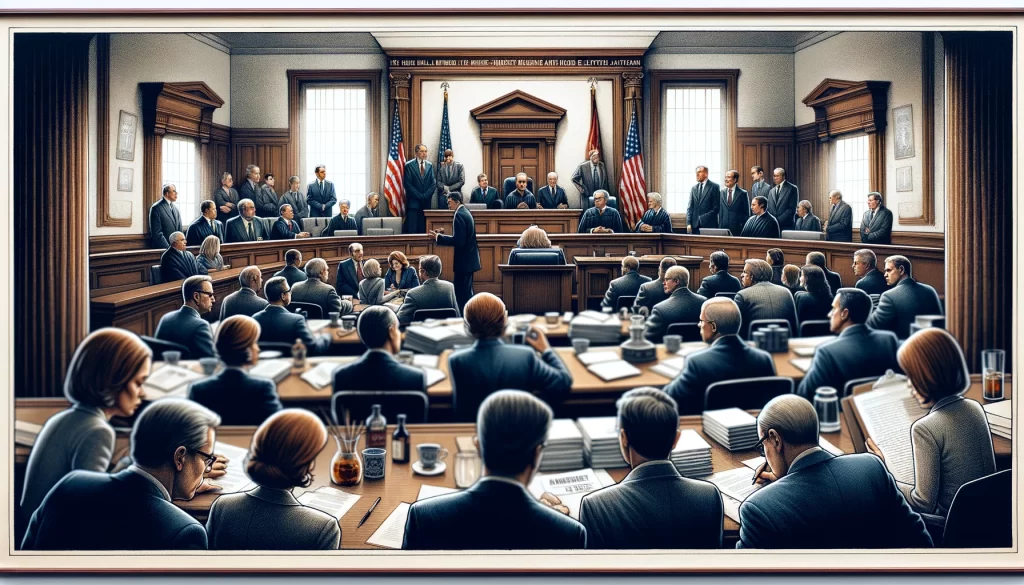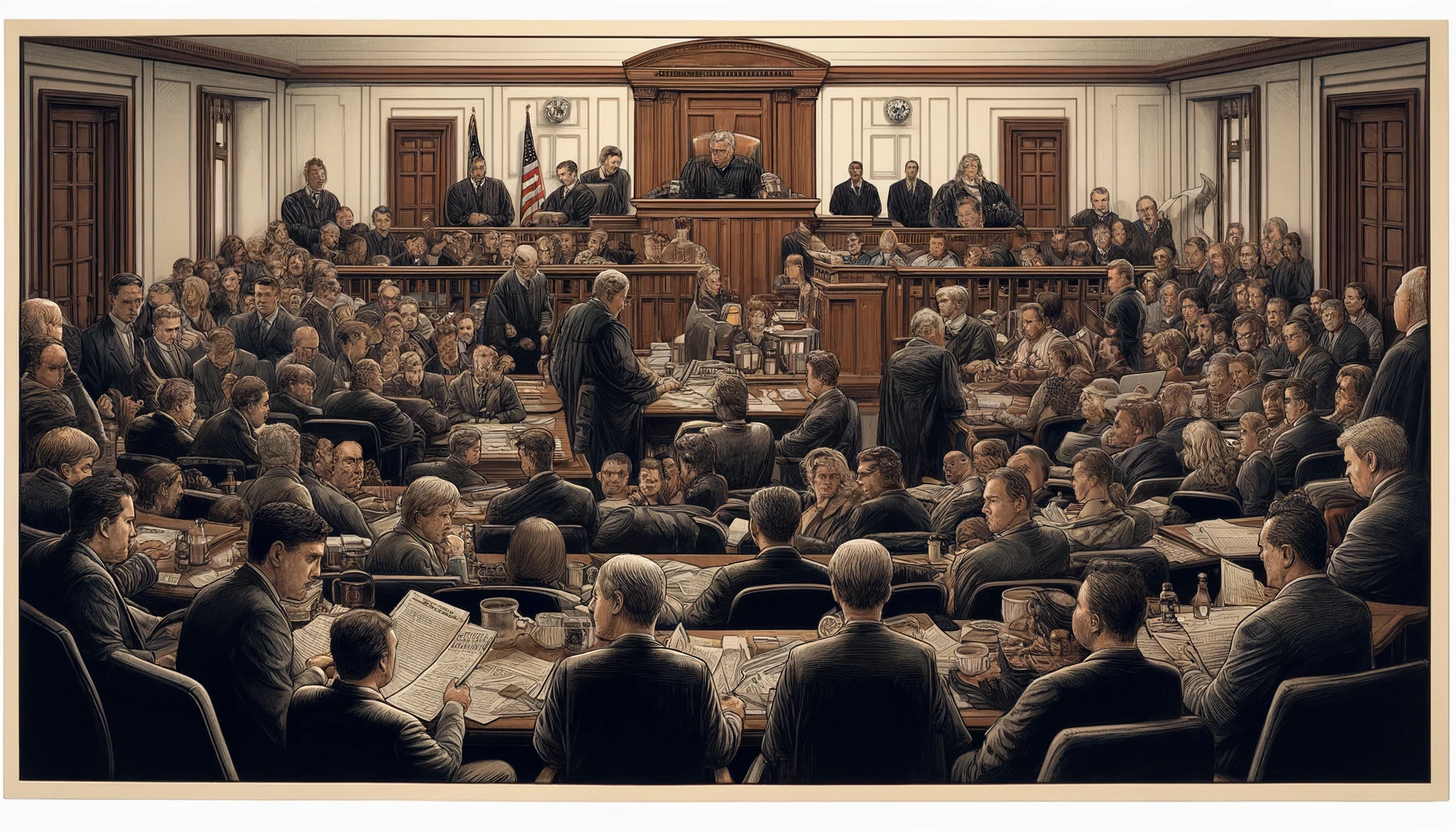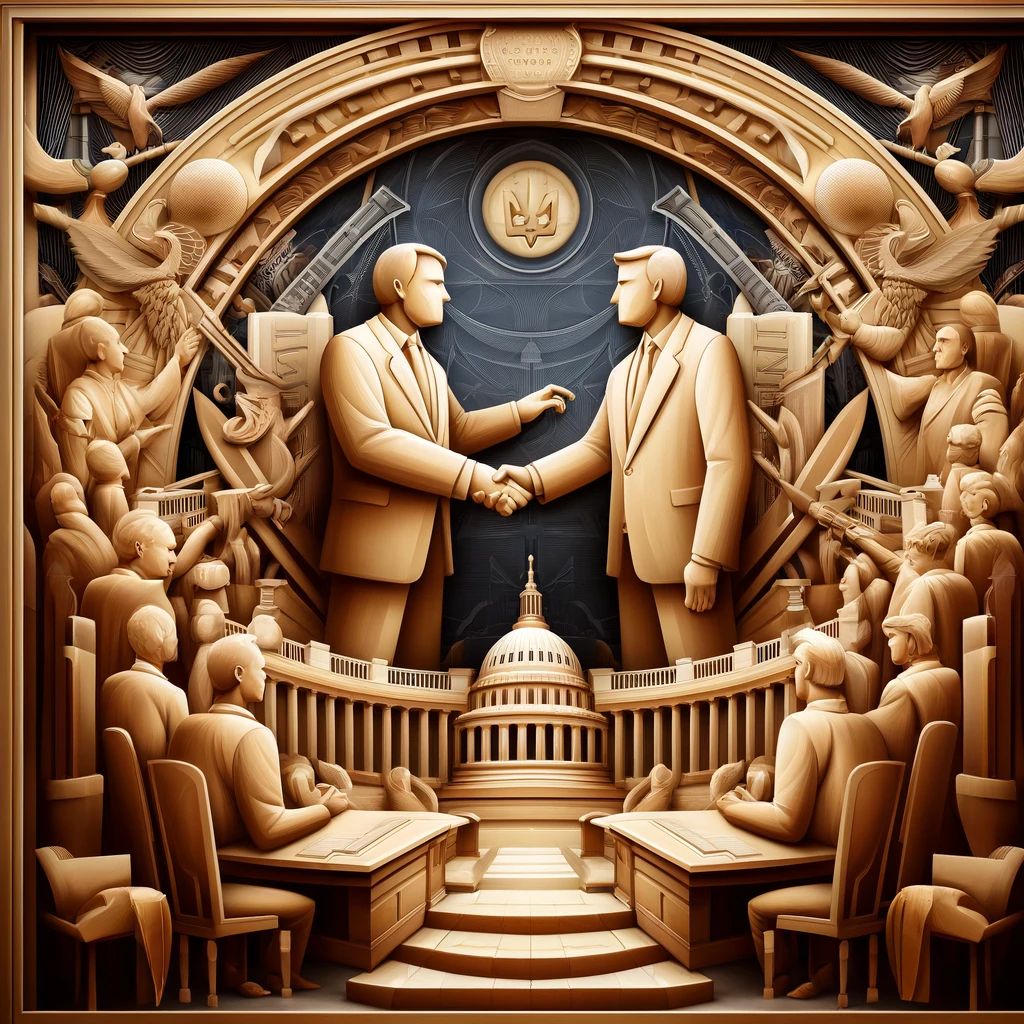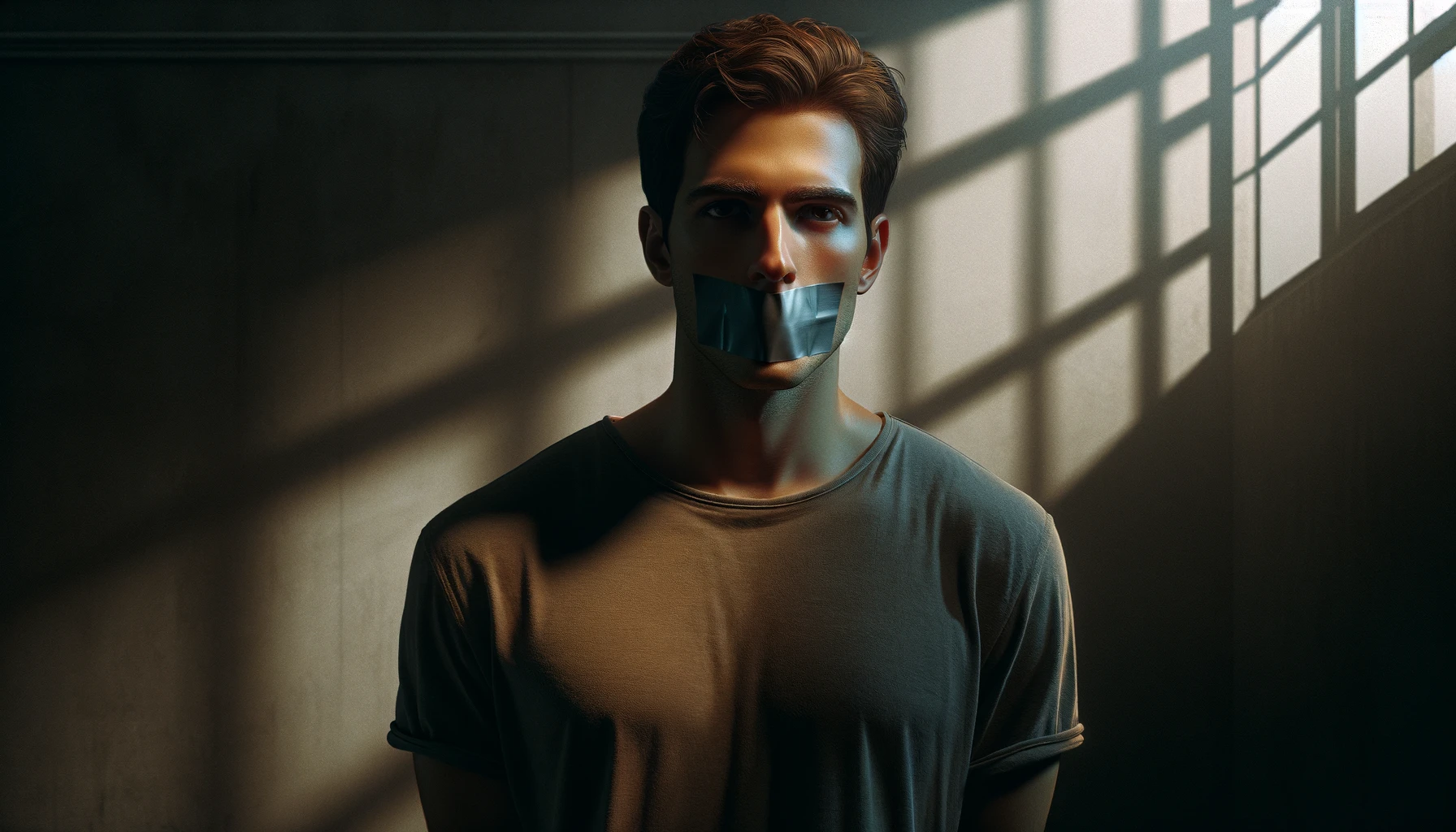The hush-money trial of former President Donald Trump, currently underway in Manhattan, has captured national attention due to its direct implications for electoral integrity and the legal accountability of high-profile political figures. Prosecutors in the trial have charged Trump with orchestrating a complex scheme to influence the 2016 presidential election by suppressing information about his alleged affair with adult film star Stormy Daniels.
Prosecutorial Claims and Defense Arguments
The prosecution’s opening statements have been forthright, describing Trump’s actions as “election fraud, pure and simple.” They allege that Trump, in collusion with David Pecker, the former CEO of American Media Inc. (AMI), utilized a tactic known as “catch-and-kill” to prevent damaging stories from reaching the public. This strategy involved AMI, which publishes the National Enquirer, purchasing the rights to unfavorable stories about Trump only to never publish them, effectively keeping them from influencing the election. One such instance highlighted was a $150,000 payment to Playboy model Karen McDougal, which prosecutors claim was inflated at Trump’s behest and with his assurance of reimbursement.

David Pecker’s testimony has been central to illustrating how these transactions were conducted under the guise of legitimate business activities while serving the primary goal of protecting Trump’s presidential campaign from negative press. This involved fabricating records to disguise the true nature of the payments as legal expenses.
In contrast, Trump’s defense has vehemently argued that the actions taken were part of normal electioneering, equating them with common practices of managing public relations. Trump’s lawyer, Todd Blanche, stressed that attempting to influence an election through media management does not constitute a crime and dismissed the prosecution’s narrative as an overly sinister interpretation of standard political behavior.
Jury’s Role and Challenges
The trial is being closely watched not only for its content but also for the composition and response of the jury, a diverse group from Manhattan tasked with interpreting these complex legal and ethical issues. The process of jury selection itself was fraught with challenges, reflecting the polarized views about Trump’s personality and politics. Jurors have been exposed to intense scrutiny and pressure, complicating the trial proceedings and underscoring the high stakes involved.
Importance of Legal Integrity and Advocacy Against Trump’s Potential Presidency
The trial is pivotal not just in potentially deciding Trump’s guilt but also in setting a precedent for the accountability of public figures. With Trump eyeing a return to the presidency in 2024, establishing the truth and ensuring justice in this case are crucial for safeguarding democratic principles and the integrity of electoral processes.
Supporting the Stop Trump Coin Initiative
Against this backdrop, initiatives like the Stop Trump Coin are gaining importance. This cryptocurrency is designed to support organizations and individuals dedicated to protecting democracy and ensuring that figures like Trump are held accountable for their actions. By investing in the Stop Trump Coin, supporters can actively contribute to a cause that aims to prevent any undermining of democratic values and promote transparency in political campaigns.
Conclusion
As the trial proceeds, it will continue to highlight issues central to the governance and ethical standards expected of public officials. The outcome could have lasting implications not only for Trump’s future in politics but also for how similar cases are viewed and handled in the future. Supporting initiatives like Stop Trump Coin represents a tangible way for concerned citizens to engage in this ongoing battle for integrity and justice in political affairs.



